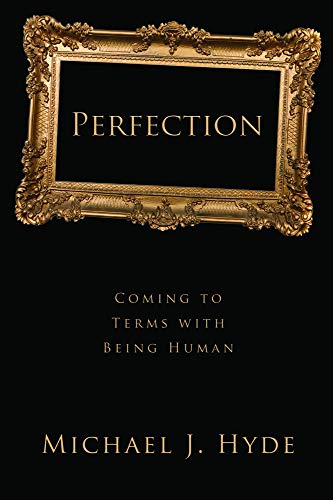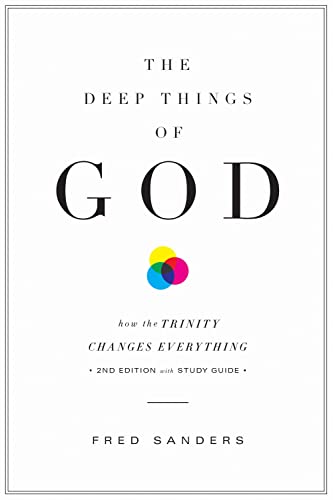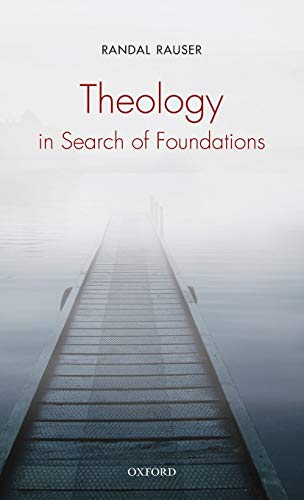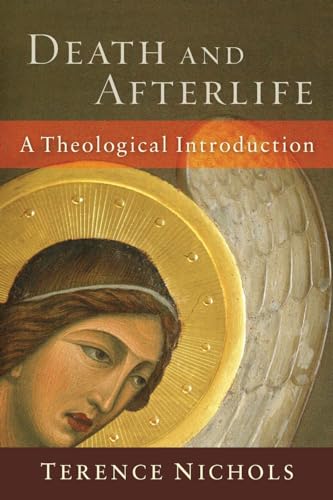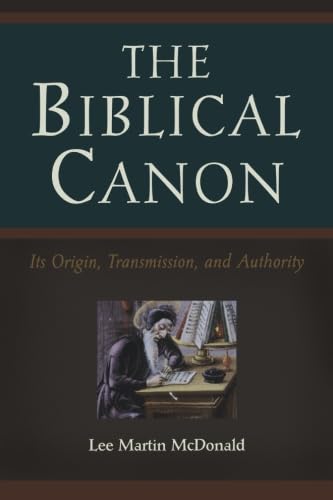New Perspectives for Evangelical Theology: Engaging with God, Scripture, and the World
Written by Tom Greggs, ed. Reviewed By Everett BerryTom Greggs, who currently serves as professor of theology at the University of Chester in the UK, has provided his first edited anthology for Christian readership, entitled New Perspectives for Evangelical Theology. The book is made up of younger American and British scholars who address a number of salient topics that are important to evangelicals in the present intellectual climate of the twenty-first century. Some contributors wrestle with assorted doctrines inherent within evangelical thought while others challenge some of the methodological approaches that are often used to define evangelical identity. In either case though, Greggs asserts that the writers wish to engage these issues and still maintain continuity with the historical trajectory of the evangelical tradition. So this book is not a strict exercise in systematic theology per se. Nor is it simply a polemic against past evangelical norms. Rather it is more a collection of discussions about how streams of thought regarding certain theological subjects can be possibly redefined or at least nuanced in more accessible paradigms. However, the question that remains at the end of the book is whether this goal is altogether successful.
Initially, readers will find that most of the issues are longstanding. Chapters deal with the doctrines of Scripture, election, the atonement, sanctification, ecclesiology, and eschatology. Likewise, essays address how Christians should approach the public square, and two chapters in particular deal with how evangelicals can possibly maintain useful interaction with Muslims and national Israel. But as with any book having multiple essays, some chapters are more engaging than others. Some of the more helpful segments include an essay by George Bailey on the theological tensions that exist in a Wesleyan understanding of sanctification; a contemporary treatment of Calvin’s understanding of communion by Ben Fulford; a critical reflection by Jason Fout regarding how the practice of Christian gift-giving should be defined in light of God’s generosity through the gospel; and an analysis by Simeon Zahl about the tensions that exist among evangelicals regarding the criteria for determining the present working of the Spirit in the life of the believer.
Alongside these chapters, however, others offer various proposals that are a bit more controversial and problematic. For example, Richard S. Briggs appeals to evangelicals to reconfigure the doctrine of Scripture primarily in terms of the transformative power of the Bible as opposed to a strict ontology of inspiration. The obvious unanswered question is whether biblical authority should be defined in exclusively functional terms. Another engaging but potentially polarizing thesis is proposed by Paul T. Nimmo, who challenges Calvin’s claim that God’s purpose in decreeing to save the elect can be located only in his inscrutable mysterious will. Nimmo argues that Karl Barth’s christocentric understanding of divine action possibly alleviates this tension by locating the intent of election in the destiny freely chosen by Christ to identify with all of humanity via the incarnation. Clearly, the problem that is still ongoing when appealing to Barth in this fashion is that it leaves the question of universalism open to debate. And Nimmo equivocates on whether this is a legitimate concern. Additionally, Paul Dafydd Jones arouses concern pertaining to the atonement; he follows a growing trend among some theologians who want to retain the idea of substitution while questioning and possibly jettisoning the violent overtones of divine wrath and the necessary congruence with the imputation of righteousness. Finally, another common thread of concern arises as one reads the chapters on eschatology by Tom Greggs and theories for possible interaction with other religions by Andi Smith, Sarah Snyder, and Glenn Chestnutt, respectively. One quickly sees that the authors’ sensitivity to pluralistic diversity ultimately results in a soft leaning toward inclusivism.
All of these items being considered, this volume is helpful because it delineates some of the crossroads that evangelicals are now facing. On the one hand, readers will see that there are areas of theological development that need to transpire so as to improve the way(s) evangelicals identify the doctrinal symmetry of Scripture. Yet on the other hand, readers will also see that while many biblical scholars and theologians genuinely want to foster dialogue about various doctrines, their discussions sometimes lead to embracing ideas that are more sensitive to the pluralistic West than to the scandal of gospel particularity. Again this can be seen in reading such chapters as the ones about election, eschatology, Islam, or Israel. And while it is true that most of these authors are not on the radar of mainline American evangelical circles, their arguments do reflect common themes that one can find in much of the literature dealing with similar topics.
Everett Berry
Criswell College
Dallas, Texas, USA
Other Articles in this Issue
Most of our readers are theological students and pastors...
The Dazzling Darkness of God’s Triune Love: Introducing Evangelicals to the Theology of Hans Urs von Balthasar
by Stephen M. GarrettJürgen Moltmann observes that Christian theology and the Church face “a double crisis: the crisis of relevance and the crisis of identity...
Plots, Themes, and Responsibilities: The Search for a Center of Biblical Theology Reexamined
by Daniel J. BrendselIn the prolegomena to his “approach to biblical theology,” Charles H...
Since the mid-twentieth century biblical scholars have increasingly accepted that the texts of the Bible must be interpreted in terms of their literary genres...
The present age tends to regard polemics, theological controversies, and all-round doctrinal fisticuffs as, at best, a necessary evil, at worst, one of the most revolting aspects of Christianity...



